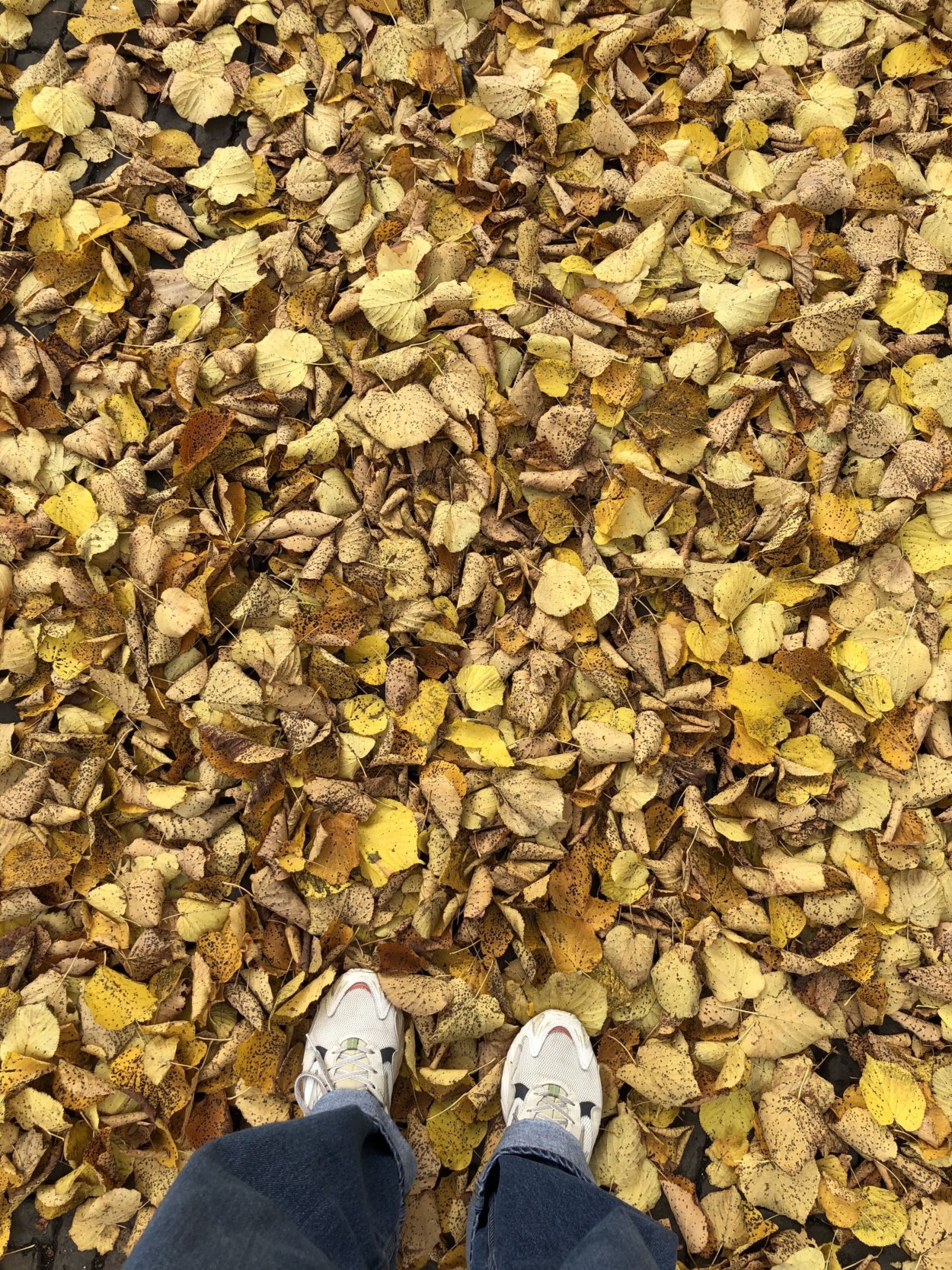2020 has been an odd year to celebrate momentous occasions. And, ironically, there seems to be more momentous occasions in my immediate realm this year than years past. Thirtieth and sixtieth birthdays, a birth, two weddings, a ten year wedding anniversary, thankfully no funerals…
Major crises like pandemics, wars and environmental disasters demand resilience of individuals and communities: they require adjustment, reconfiguration, compromise and loss, on a massive scale.
Changes made by very ordinary citizens have the capacity to facilitate the preservation of life. In this pandemic, change has meant mask-wearing, social distancing, working from home and limited travel. In wars it has meant curfews, blackouts, food rationing. In my experience, the required modifications have been uncomfortable but entirely doable because the situation is so critical.
Having never previously lived through a global event of this kind – one which completely disrupts ‘normality’ for an extended period of time – I’d never really thought about the continuation of life on these terms. In the context of a pandemic, the civic duty to preserve life significantly suppresses the continuation of life. They are in opposition to each other.
In a post from early August I marvelled at how adaptable humans are, and indeed it is true. But three months further along, the reality of this long-term game is more tangible. It has become more necessary to acknowledge anxiety, disappointment and frustration to safe-guard my endurance – also known as the reliable human need to vent, the need to have ones grievances heard before getting on with things. Reconfiguring birthdays, weddings, anniversaries… a spring, a summer, an autumn… indefinitely postponing a visit to see my mum on the other side of the world… It has all been doable but, like every other crisis bystander in the history of time, we won’t ever get back what we’ve lost during this period of partially suspended liberty. At the same time, we are extremely fortunate to be bystanders and not victims. A pandemic is an extraordinary thing to have lived through.
The other day I started to wonder what shape life will take as the pandemic eases (returning to ‘normal’ is not desirable). I suspect that change will happen slowly. As a consequence, it may be harder to register our increasing freedoms and be grateful for them. An idea: it seems pedantic to log every pandemic policy change as it arises, but I will try it as a way of making myself more aware of the current status and what I have to be grateful for, when it finally arrives.
